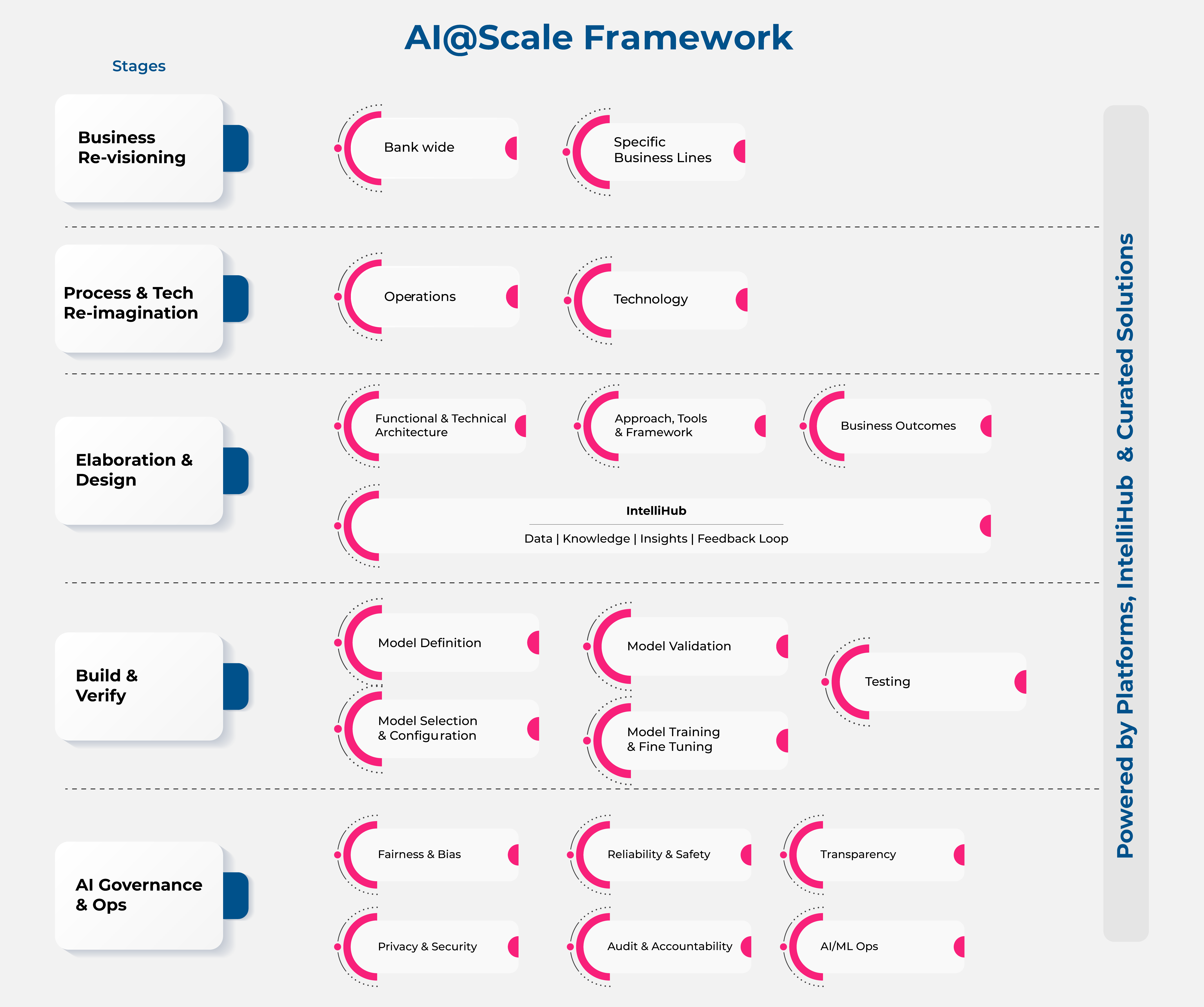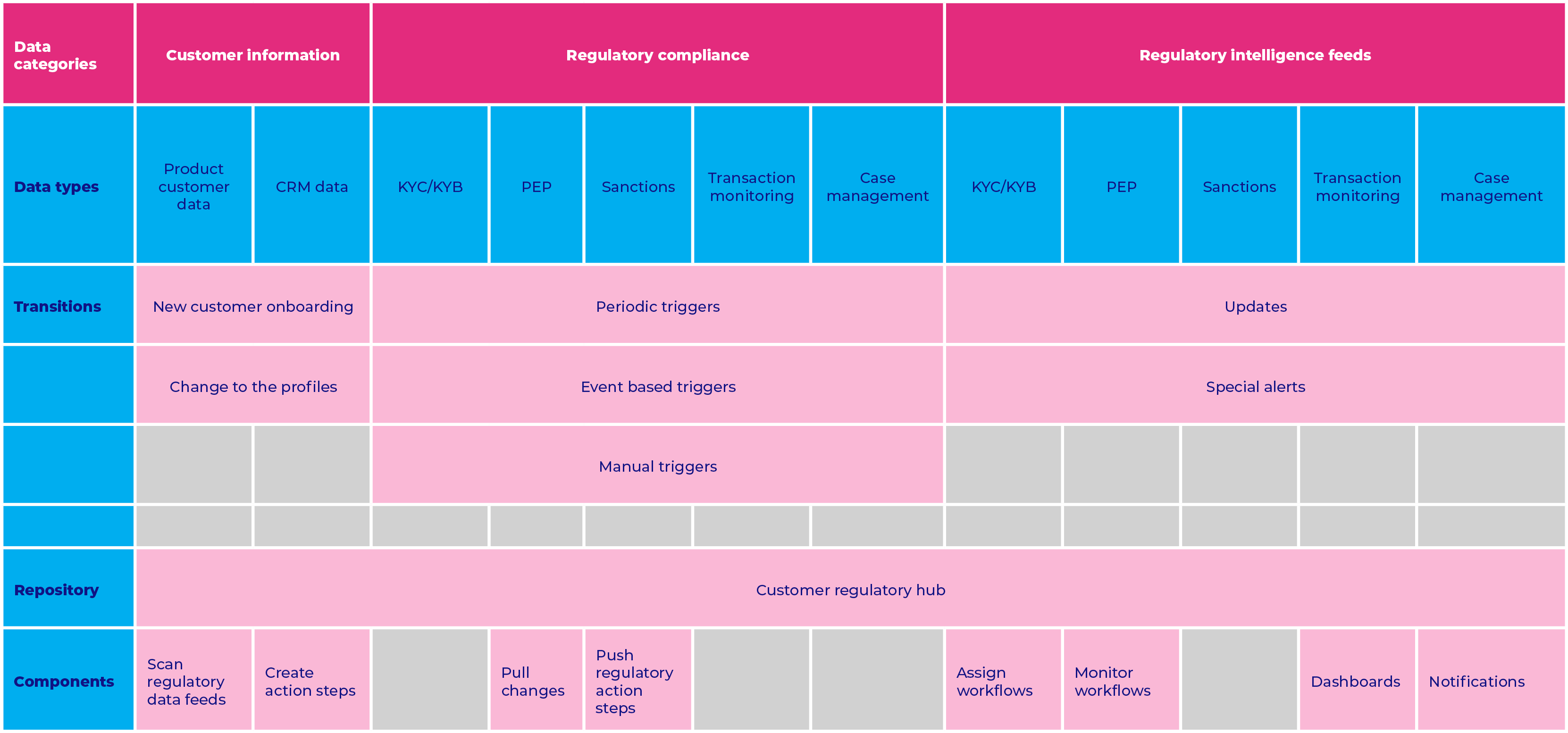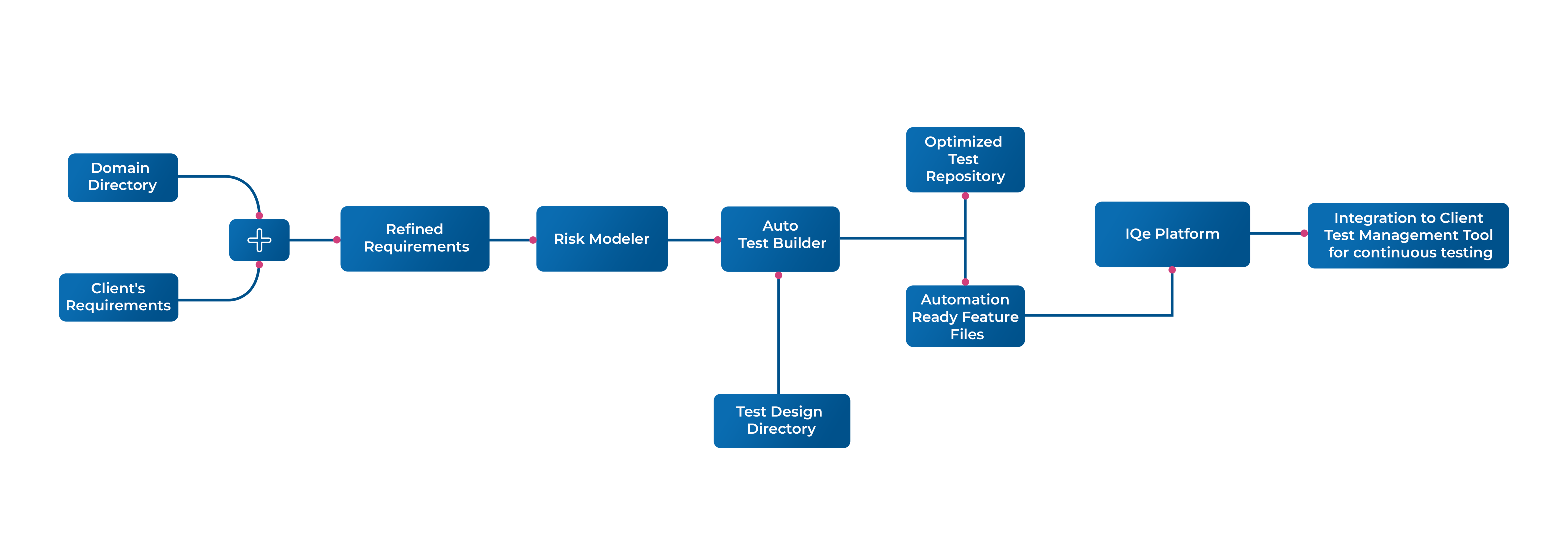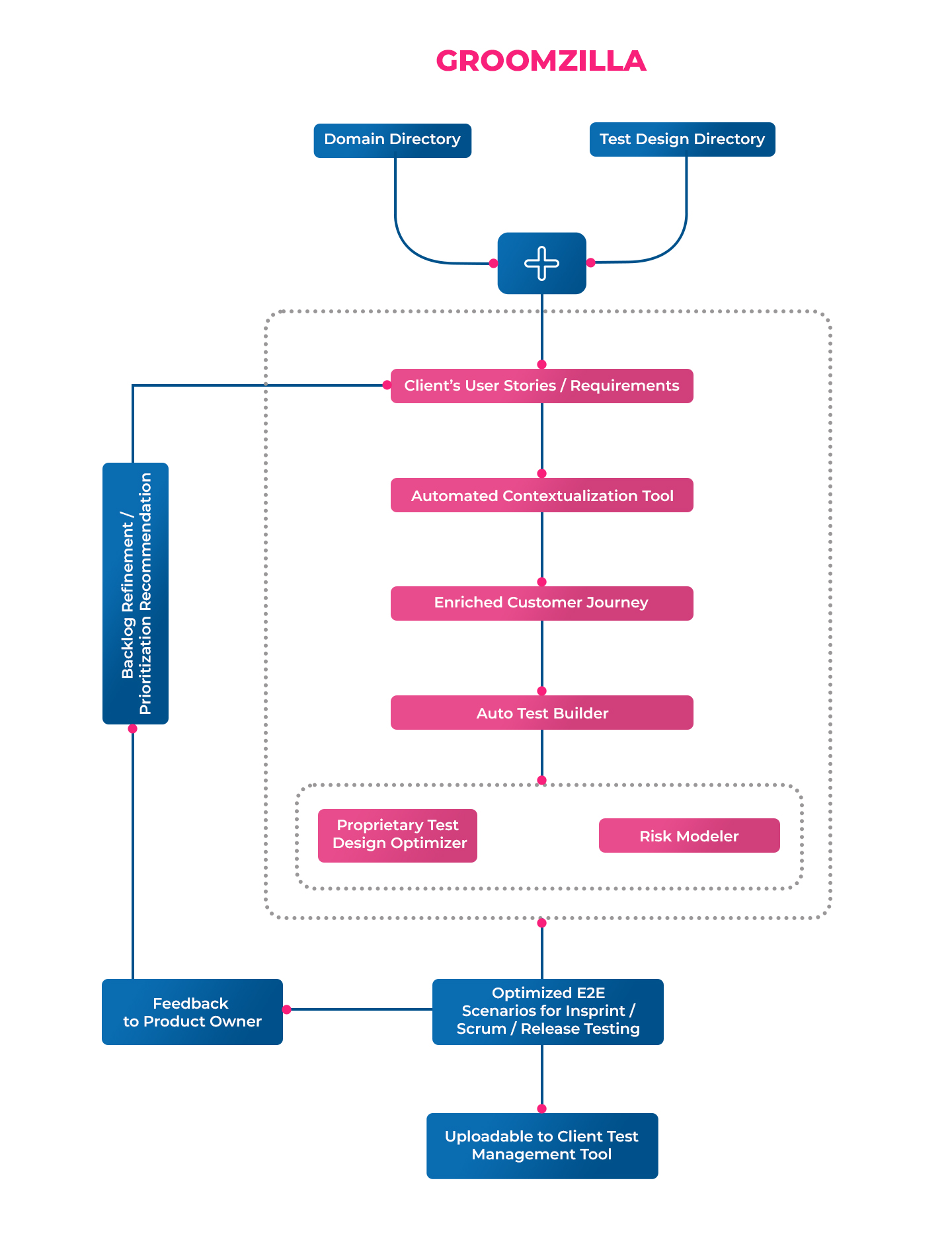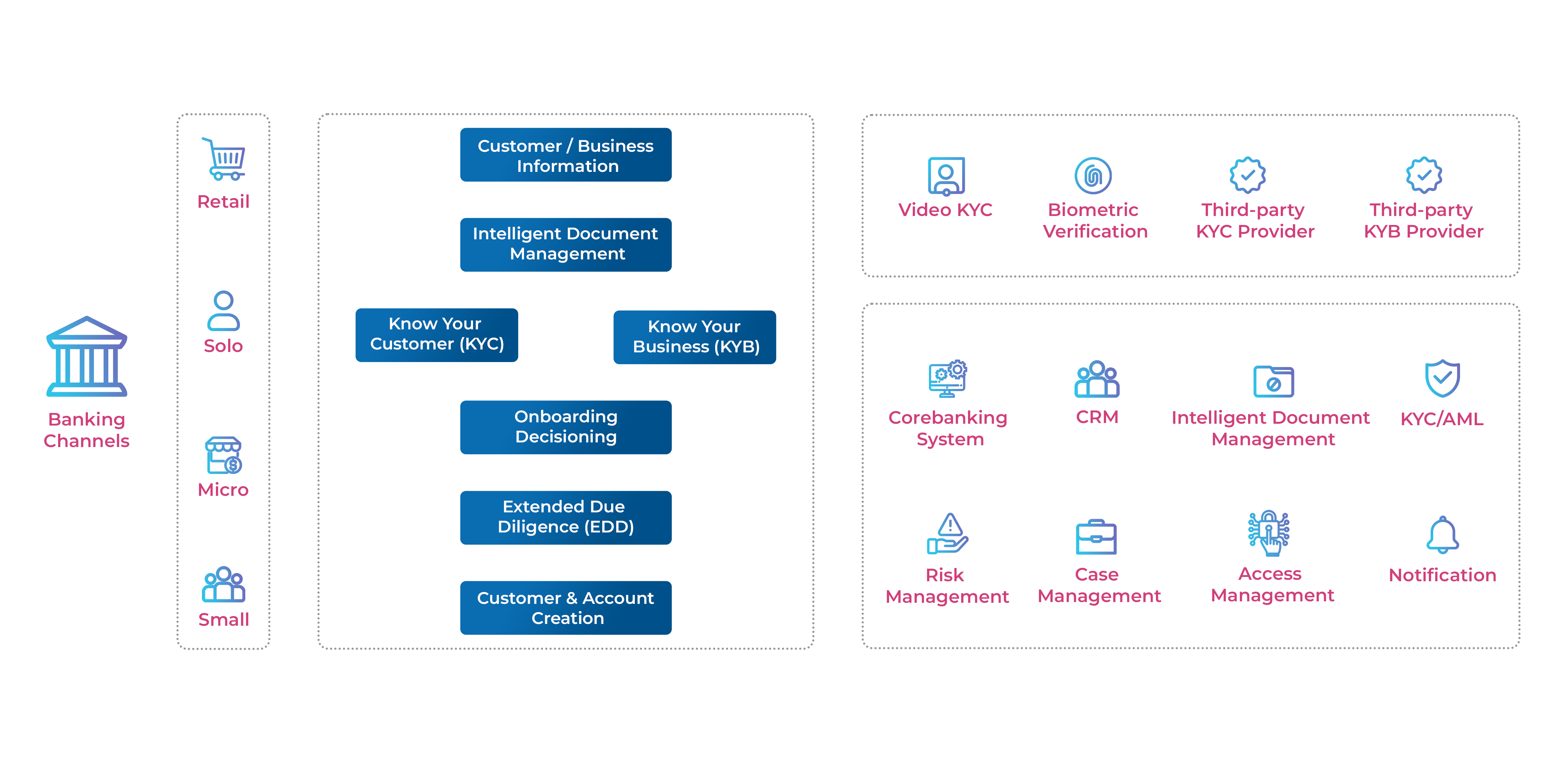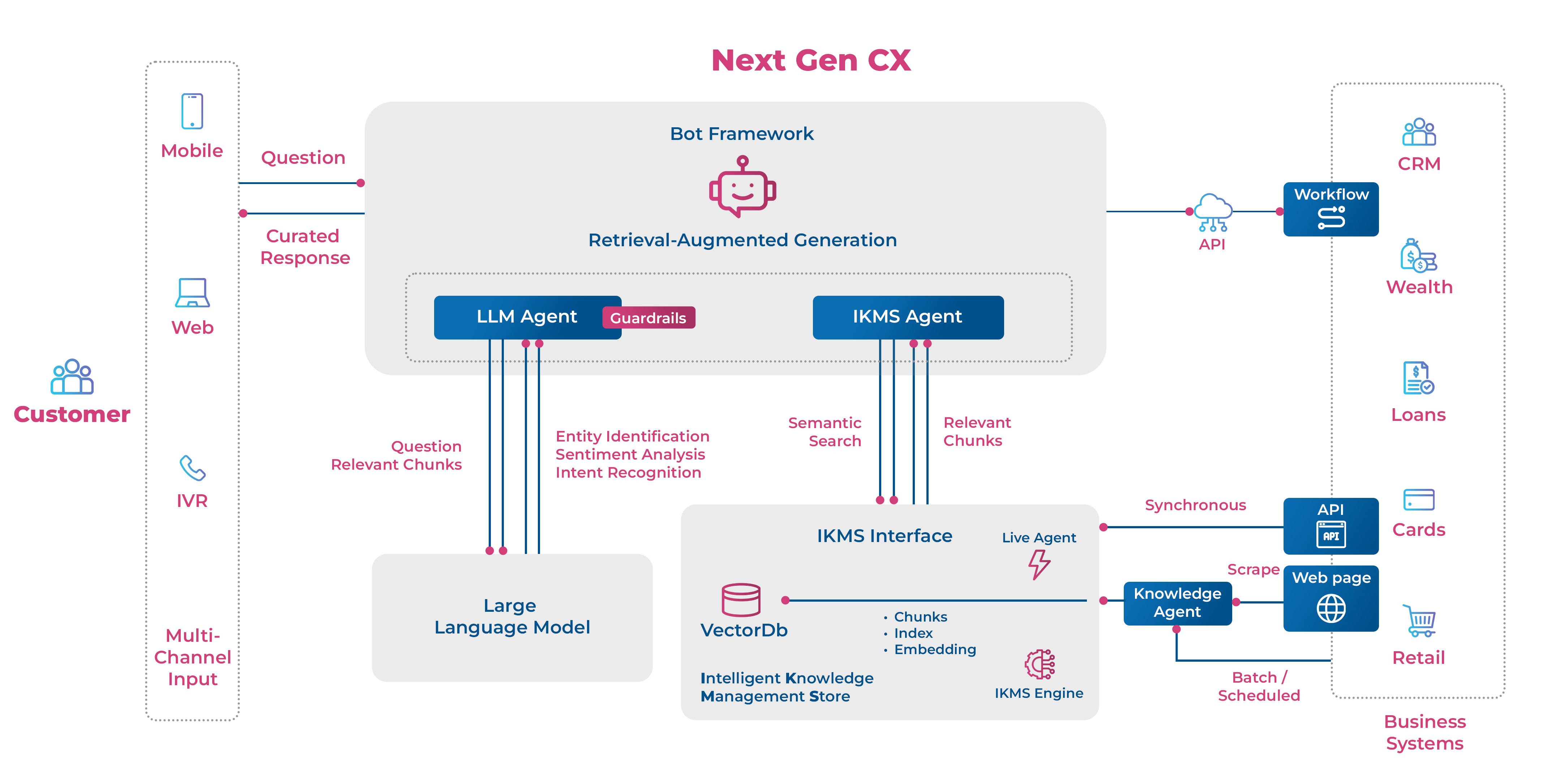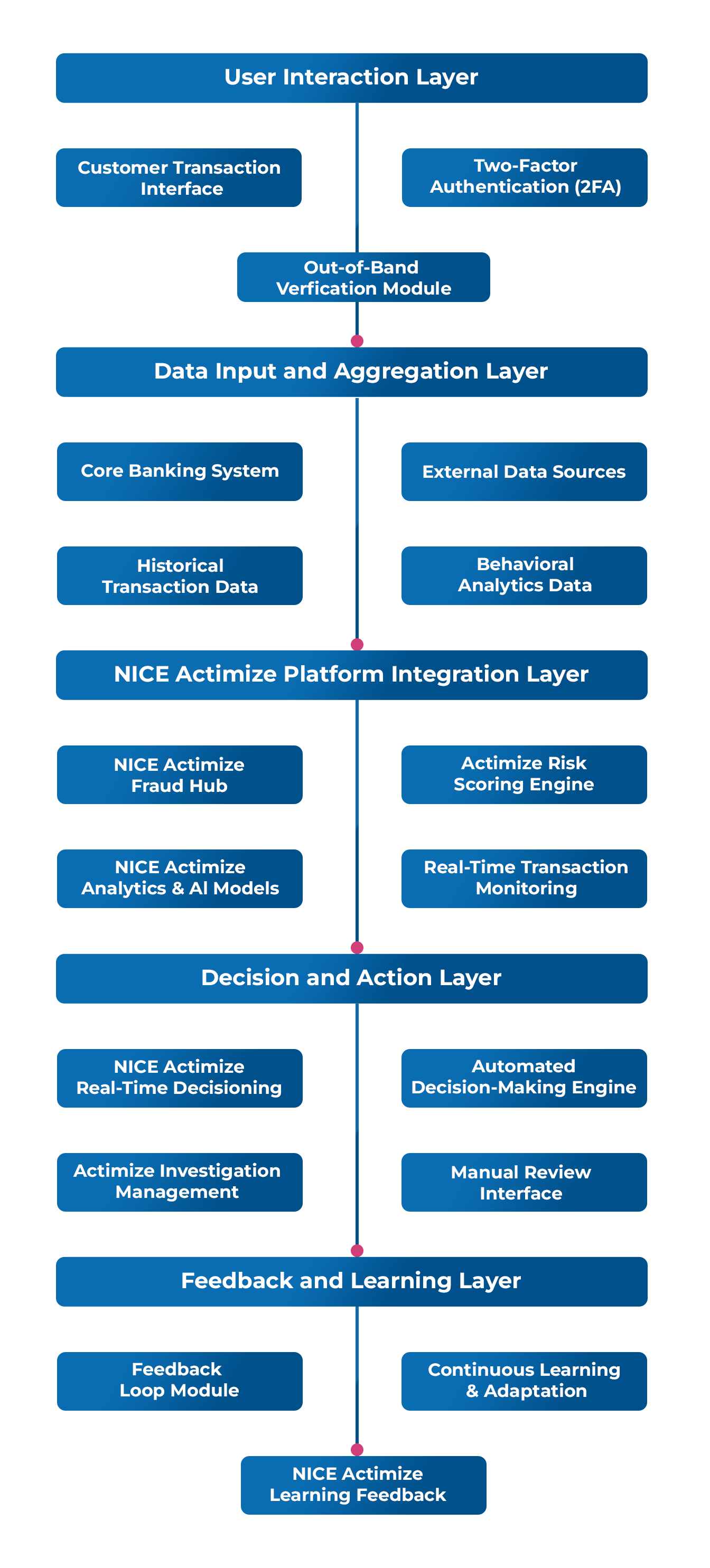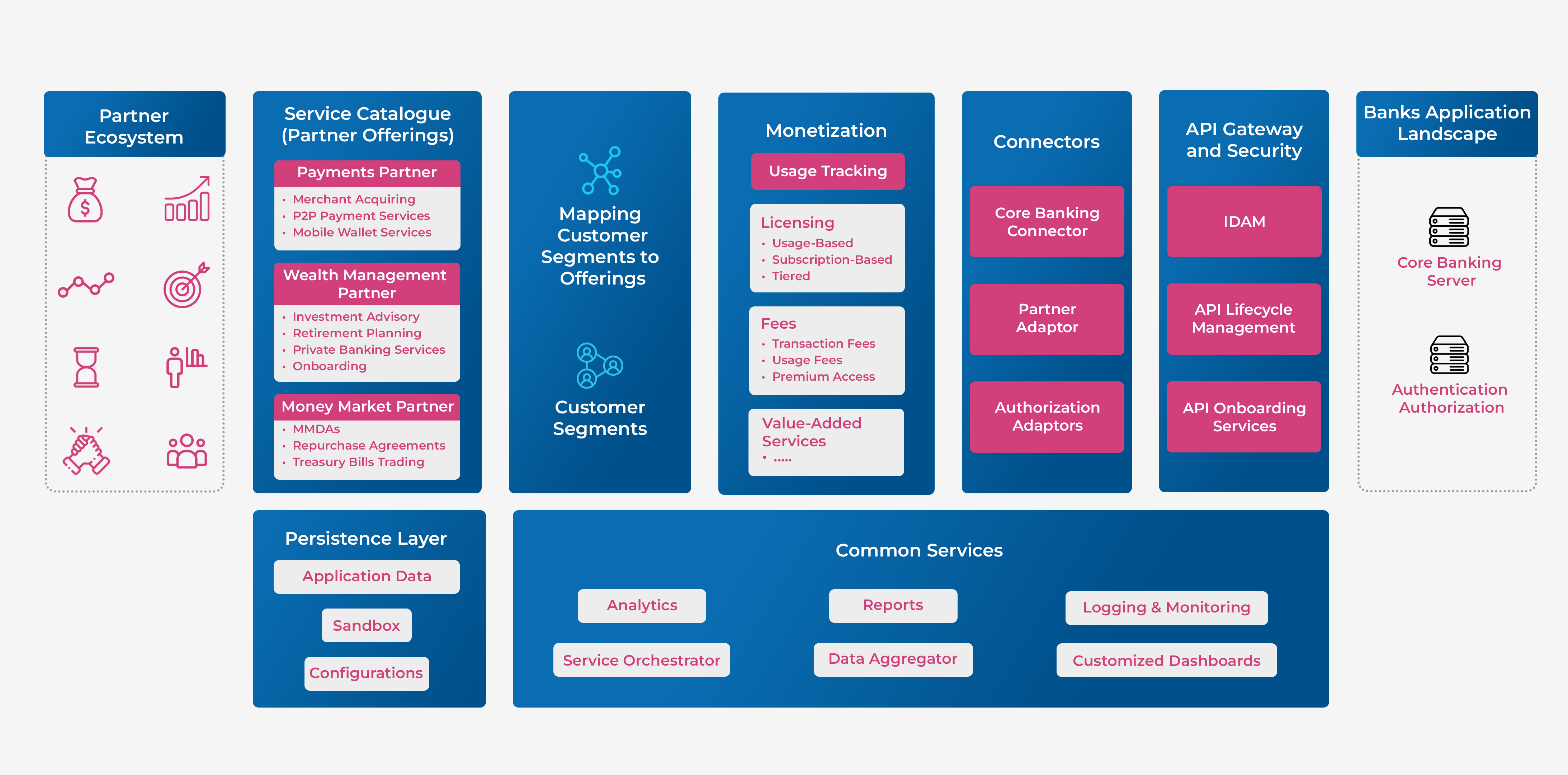Veteran Industry professionals across global retail banks talk extensively about the transformative realm of personal financial management apps, a trend that is reshaping the landscape of retail banking. These innovative apps have emerged as powerful tools that enhance the banking experience for customers and redefine how financial institutions interact with their clients.
Enhancing Retail Business Banking
Partnering with Niche BankTech providers companies like Maveric with deep domain contextualization empowers retail banking organizations to seize competitive advantage and advance their innovation offerings.

Understanding Personal Financial Management Apps in retail and digital banking
Personal Financial Management (PFM) apps represent a paradigm shift in retail banking, enabling individuals to take control of their financial journey like never before. These apps offer comprehensive features, including expense tracking, budget creation, investment monitoring, bill payment reminders, and more. PFM apps empower users to make informed decisions and achieve their financial goals by aggregating data from various financial accounts and providing real-time insights.
PFM’s Transformational Impact on Retail Banking
The advent of PFM apps has catalyzed a transformative shift in the retail banking landscape. Unlike traditional models, where customers primarily interact with their banks during transactions, PFM apps establish an ongoing, dynamic relationship. Customers now have the means to gain a holistic view of their financial health, fostering empowerment and financial literacy.
Moreover, PFM apps facilitate proactive financial planning. These apps guide users toward optimized financial decisions by analyzing spending patterns and suggesting budget adjustments. The integration of investment tracking further broadens the scope, allowing users to manage their wealth within the same platform. This holistic approach positions banks as comprehensive financial partners focused on their client’s long-term success.
PFM vs. Traditional Models in Digital Retail Banking Solutions
The evolution from traditional banking models to PFM apps is marked by several vital differentiators highlighting the latter’s superiority. Traditional models primarily revolved around reactive transactions, offering limited visibility into financial activities. In contrast, PFM apps empower users with real-time data, transforming them into proactive financial managers.
The seamless integration of various financial accounts and transactions is a hallmark of PFM apps, enabling users to track and manage their financial ecosystem effortlessly. Unlike the disjointed experiences of the past, PFM apps provide a unified platform that consolidates financial information and streamlines decision-making.
Embracing PFM Innovation as a primary lever in Retail Banking Digital Transformations.
Several prominent banks have successfully embraced PFM innovation, underscoring the transformative potential of these apps. Citibank, for instance, has introduced a PFM app that goes beyond mere transaction tracking, offering personalized insights and recommendations. The app analyzes customer spending patterns and provides tailored budgeting advice, elevating the bank’s role from a transaction facilitator to a financial mentor.
Another notable example is Wells Fargo, which has integrated PFM features into its mobile banking app. This move has enabled customers to track their spending, set savings goals, and receive alerts about account activities. By embedding PFM functionalities, Wells Fargo has enhanced customer engagement and reinforced its commitment to customers’ financial well-being.
Strategic Considerations for Choosing Retail Banking Platforms.
Before embarking on the journey of PFM app innovation, retail banking leaders must consider several strategic factors:
User-Centric Design:
Develop PFM apps with intuitive interfaces, ensuring ease of use and accessibility for customers of all demographics.
Data Security:
Implement robust security measures to safeguard sensitive financial data and ensure compliance with data protection regulations.
Integration Capabilities:
Ensure seamless integration with various financial accounts, offering users a unified view of their financial landscape.
Personalization:
Leverage AI and machine learning to offer personalized insights and recommendations, enhancing the app’s value proposition.
Education and Support:
Provide comprehensive user education and support to help customers maximize the app’s features and achieve their financial goals.
Shaping the Future of Personal Financial Management Apps
As the banking industry continues to evolve, the future of Personal Financial Management Apps hinges on three crucial questions:
- How effectively can PFM apps leverage AI and data analytics to offer personalized financial insights and recommendations?
- To what extent can PFM apps foster financial literacy and empower users to make informed financial decisions?
- What measures will banks take to ensure the security of user data and build trust while offering comprehensive financial management solutions?
Conclusion
The rise of Personal Financial Management Apps marks a watershed moment in the retail banking sector. These apps are not merely tools; they represent a paradigm shift towards proactive financial management and customer empowerment. By embracing PFM app innovation and addressing strategic considerations, retail banking leaders can position their institutions at the forefront of this transformative trend and shape a future where customers are not just account holders but active financial managers.
About Maveric Systems
Starting in 2000, Maveric Systems is a niche, domain-led Banking Tech specialist partnering with global banks to solve business challenges through emerging technology. 3000+ tech experts use proven frameworks to empower our customers to navigate a rapidly changing environment, enabling sharper definitions of their goals and measures to achieve them.
Across retail, corporate & wealth management, Maveric accelerates digital transformation through native banking domain expertise, a customer-intimacy-led delivery model, and a vibrant leadership supported by a culture of ownership.
With centers of excellence for Data, Digital, Core Banking, and Quality Engineering, Maveric teams work in 15 countries with regional delivery capabilities in Bangalore, Chennai, Dubai, London, Poland, Riyadh, and Singapore.



